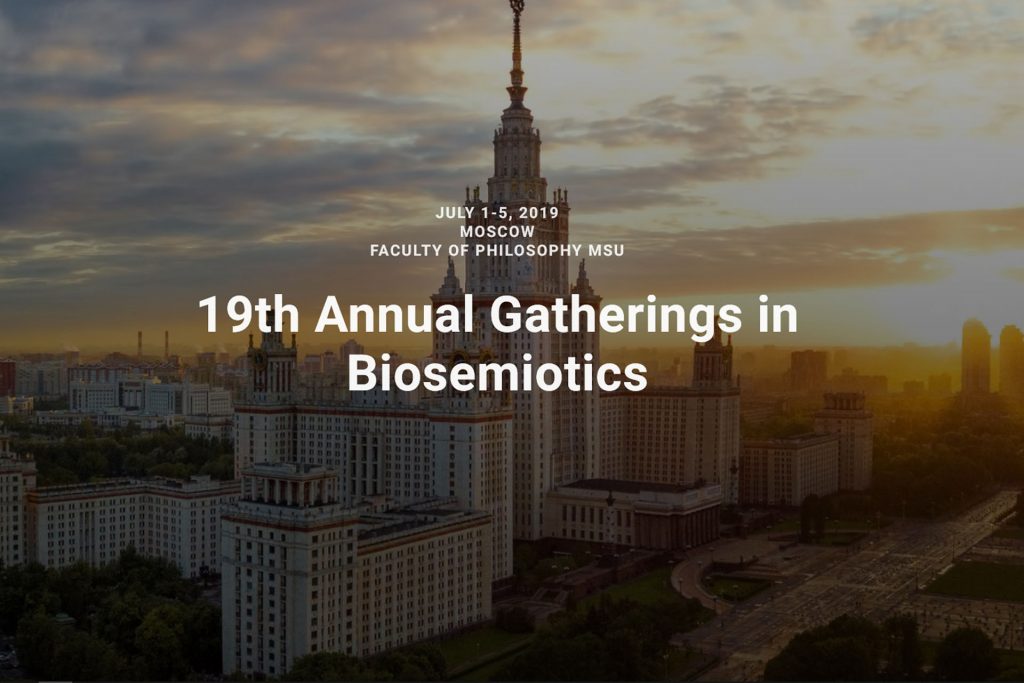Dr Tim Ireland, Kent School of Architecture and Planning’s Director of Digital Architecture, will be presenting his recently published paper entitled, ‘The Fundamental Problem of the Science of Information‘, at the 2019 Annual Gatherings in Biosemiotics in Moscow in July.
The presentation, co-authored with Dr Jaime Cardenas-Garcia (University of Maryland) is entitled, A New Biosemiotics Paradigm: Bateson Information. Biosemiotics integrates theoretical biology with semiotics, a science on signification and meaning.
The concept of information has been extensively studied and written about, yet no consensus on a unified definition of information has to date been reached. The paper seeks to establish a unified definition of information and claims a biosemiotics perspective, based on Gregory Bateson’s definition of information, and provides a footing on which to build because the frame this provides has applicability to both the sciences and humanities.
A key issue in reaching a singular definition of information is the problem of identifying how a human organism develops from a state in which its knowledge of the human-organism-in-its-environment is almost non-existent, to a state in which the human organism not only recognises the existence of the environment but also sees itself as part of the human-organism-in-its-environment system. This allows a human organism not only to engage with the environment and navigate through it, but also to transform it in its own image and likeness. In other words, the Fundamental Problem of the Science of Information concerns the phylogenetic development process, as well as the ontogenetic development process of Homo sapiens, from a single cell to our current multicellular selves, all in a changing long-term and short-term environment, respectively.

